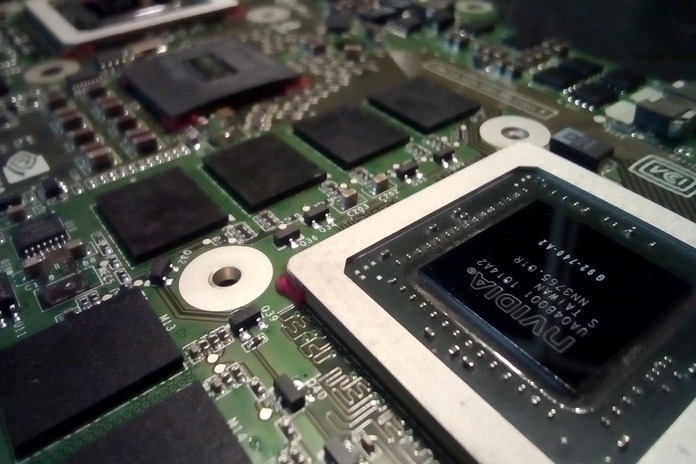As the AI revolution progresses, Big Tech’s spending on artificial intelligence has become a hot topic, especially after Nvidia’s (NASDAQ:NVDA) recent earnings report. While Nvidia has thrived, other tech giants are facing increasing scrutiny over their AI investments, raising questions about the disconnect between AI’s potential and the returns being seen outside of Nvidia. This article delves into the challenges and expectations surrounding AI spending in Big Tech.
Nvidia’s Success and Big Tech’s Challenges
Nvidia has emerged as the poster child of the AI boom, with its hardware at the heart of many AI developments. The company reported a staggering 122% revenue growth, driven largely by the soaring demand for its AI chips. For Nvidia and a few other hardware-focused companies, the AI revolution is already yielding substantial returns. However, the broader tech industry is finding it more challenging to translate AI investments into meaningful profits.
During Nvidia’s recent earnings call, several analysts pressed CEO Jensen Huang about the massive capital expenditures in AI and the speculative nature of returns for the broader industry. While Nvidia’s success has been clear, the ROI for other Big Tech companies remains elusive. This disparity highlights a growing concern among investors: is AI spending delivering on its promises, or is it merely inflating expectations without tangible results?
The Disconnect in AI Investment Returns
The scrutiny of AI spending is becoming more pronounced as companies like OpenAI, the maker of ChatGPT, garner sky-high valuations. According to a Wall Street Journal report, OpenAI is in talks for a fundraising round that could value the company above $100 billion—on par with well-established giants like Starbucks (NASDAQ:SBUX) and BP (NYSE:BP). While this valuation underscores the excitement around AI, it also raises questions about whether such financial exuberance is a reliable indicator of AI’s viability in the long run.
Nvidia’s earnings stumble, where the company met but didn’t exceed expectations as in previous quarters, has fueled these concerns. Despite this, the overall appetite for AI investments remains strong, suggesting that the AI trade is far from cooling off. However, as the initial hype begins to settle, the industry is likely entering a phase of recalibration rather than a complete shift away from AI spending.
AI’s Long-Term Viability and Big Tech’s Commitment
Even as some skeptics voice concerns about AI’s sustainability, Big Tech’s commitment to AI remains unwavering. Major tech CEOs are still heavily investing in AI, confident in its transformative potential. This ongoing investment is a major factor behind Nvidia’s continued growth, as these companies increasingly tie their futures to AI.
However, there’s a clear mismatch between the immediate benefits seen by companies like Nvidia and the slower, more uncertain returns from AI software and applications. While Nvidia benefits from the demand for its AI chips, the broader tech industry faces the challenge of turning AI’s potential into profitable products and services. This disconnect could lead to future tensions as investors demand more tangible returns on the billions being poured into AI.
Investor Concerns and the Road Ahead
As AI spending continues, the tech world is at a crossroads. On one hand, Nvidia’s success and the massive valuations of companies like OpenAI suggest that AI is on the cusp of delivering revolutionary advancements. On the other hand, the uneven returns and growing scrutiny could lead to a more cautious approach to AI investments in the future.
For now, Big Tech’s AI spending is driven by the belief that AI will eventually yield significant rewards. But as the market adjusts to the realities of AI’s development, investors will need to balance their expectations with the understanding that the road to AI profitability may be longer and more complex than initially anticipated.
Conclusion: A Reassessment of AI’s True Worth
In conclusion, while Nvidia continues to lead in AI-driven growth, the broader tech industry is facing a more complicated reality. The scrutiny over AI spending and the quest for meaningful returns highlight the need for a more measured approach to AI investments. As the industry moves forward, a reassessment of AI’s true worth will be crucial in determining the future direction of Big Tech’s spending strategies.
Featured Image: Pixabay©Jacek Abramowicz









